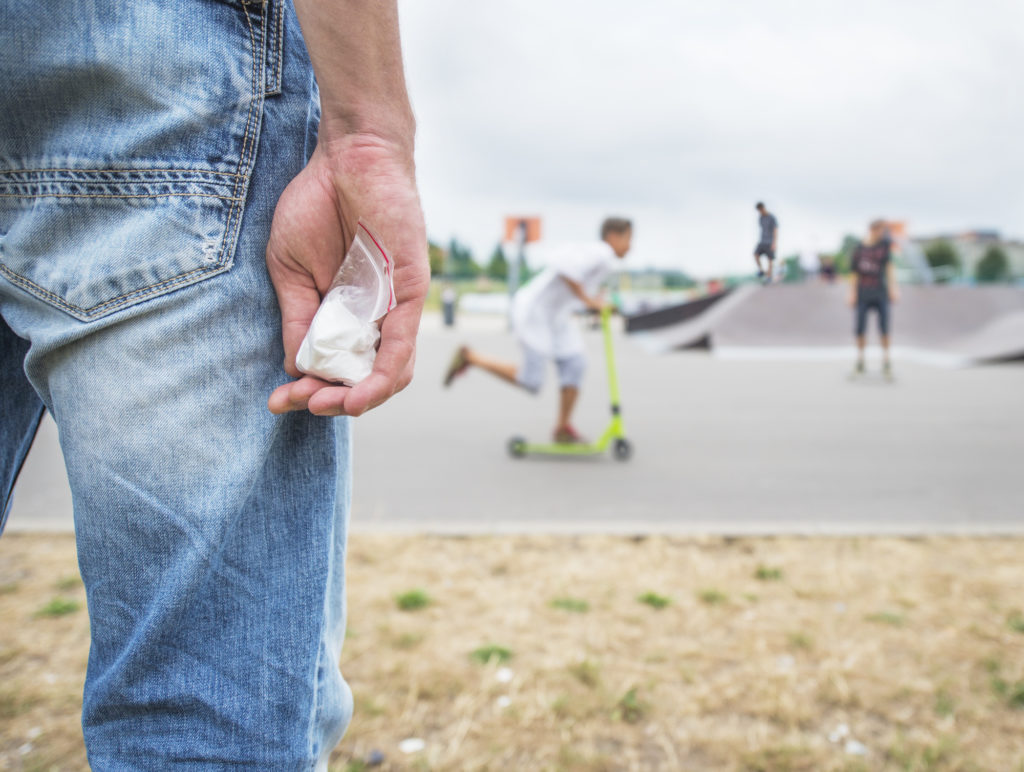
According to a harrowing statistic shared by a former United States surgeon general, 1 out of every 7 Americans will suffer from a drug or alcohol addiction issue at some point in their life.
Given that the US population is roughly 320 million, that means almost 45 million people will have to brave a bout with substance abuse.
If you’re a parent and worried your child may be one of those 45 million people struggling with addiction, you may have a lot of questions.
How did this happen? How can you help? Are your suspicions correct?
The first step to getting your child the help they need is confirming they indeed have an addiction problem. To help you accomplish this, our team has compiled 9 of the most common signs your kid might be using drugs.
1) Decline in Hygiene
Drug and alcohol abuse have a tendency to be a severe drain on a child’s time and resources. Because of this, one of the most common physical signs of dependency is a decline in hygiene.
Things like not showering regularly, severe breakouts, oily hair or foul smell can all be signs that a person who was ordinarily hygienic has experienced a rapid, drug-related change in priorities.
2) Loss of Interest in Activities
A child no longer taking pleasure in things formally important to them is one of the tell-tale signs your kid might be using drugs.
Activities like sports, cheer-leading and spending time with friends commonly fall by the waist-side when one’s life is being consumed by addiction. If you notice a sudden change in the interests of your child, be sure to ask them about it.
If they can’t give a good explanation, drugs could be to blame.
3) Sudden Change in Friends
Children going through middle and high school will change friends often. This can happen for a variety of non-drug-related reasons.
Still, if you notice that your child’s friend roster has changed drastically and includes people that seem less positively influential than their former friends, there could be a drug component to the switch.
Many drug abusers try to surround themselves with like-minded individuals. This helps them pool resources and enable one another. Because of that, friend swaps can be a very telling sign that your kids might be using drugs.
4) Academic Declines
Academics almost always suffer when a child is struggling with addiction. To identify this risk factor quickly, be sure to always stay abreast of your child’s school performance by asking for report cards or by accessing online grade portals.
If you’re doubtful that you’re being presented with accurate information in regard to your kid’s academic progress, always feel free to contact their teacher directly.
5) Family History
Children who have family members that struggle with addiction are at a significantly higher risk of using drugs. Studies suggest that this reality is partially due to having a natural disposition towards addictive behaviors and partially due to observation
So, if your child has a relative they’re around who has addiction issues, that means you need to be extra diligent in keeping an eye on their habits.
6) Drug Paraphernalia
Your child having in their possession objects like pipes, bongs, pieces, syringes or other drug-related hardware is a major drug abuse tell which should immediately prompt an at home drug test you can click here for more information about.
If you find any of the above objects and confront your child, you’ll likely be presented with an excuse. No matter how good the excuse is, assume the worst.
Accepting excuses could mean postponing treatment your child desperately needs.
7) Frequent Exhaustion
Drugs, particularly downers like Xanax, Valium, etc. can make your child uncharacteristically lethargic. If you’re finding that your child is spending most of their free time sleeping or sitting around the house, there may be a drug component to their behavior if these actions are out of character.
Try to keep your child engaged in physical activities if you’re noticing a sudden onset of a lethargy. Sometimes boredom is simply to blame.
8) Frequent Requests for Money
Addiction to drugs is extremely expensive. Particularly for teenagers not making very much or any money at all.
That means that in order to support their addiction, most kids will turn to their parents for help. If your child is asking for amounts of money that exceed their needs or what they typically request, this could be one of the signs your kid might be using drugs.
If you’re suspicious that your money isn’t going towards buying the things your child is asking for (food money, school dance tickets, gas, etc.), instead of giving your kid cash, write them a check. You can even offer to buy them what they need directly instead of giving them the money to do it themselves.
9) Items Missing From Home
If your child can’t get the money they need for drugs by asking, they may turn to pawning household objects or selling them online.
If you’re noticing household objects missing from your home, confront your child. While they’re likely to deflect blame, you letting them know you’re on top of the situation may dissuade this type of behavior.
This will reduce the ease in which your child can get the resources they need to support their potential drug habit.
Wrapping Up Signs Your Kid Might be Using Drugs
If you’re observing clear signs your kid might be using drugs, it’s important to approach them with understanding. Berating somebody struggling with addiction will only work to exacerbate the issue.
Being a strong parent and approaching a potential addiction situation with understanding and offering support is the best way to get your child the help they need and lead them towards a sober lifestyle.
Curious to know more about the world around you? If so, dive deeper into our content at Curiosity Human. We generate top stories encompassing what’s new with music, top films, and more.
Get your information fix and read more on Curiosity Human today.

